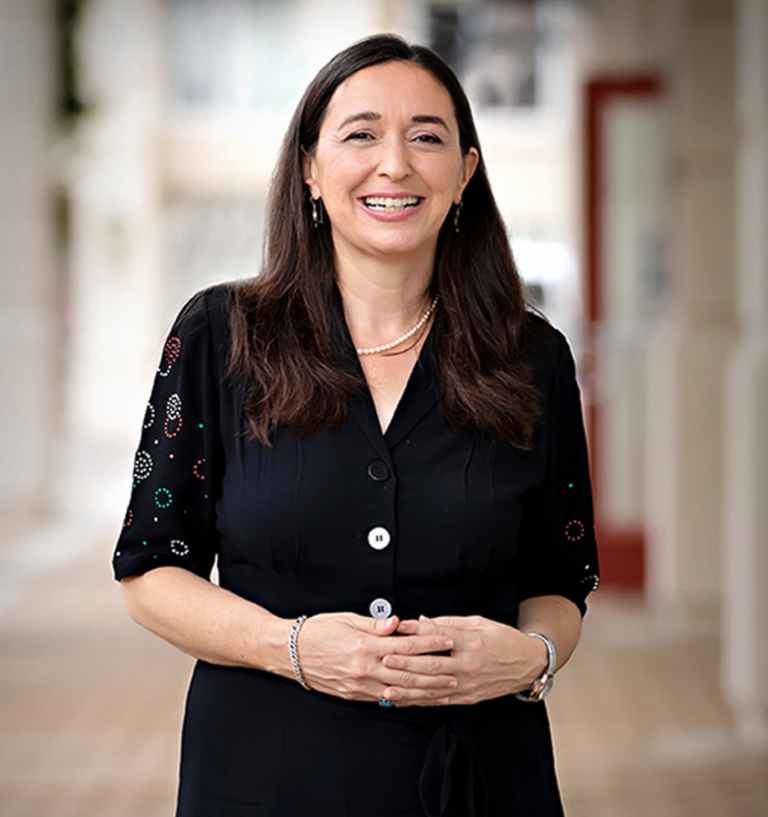
Lost in Thought
How one wishes that every architect of public policy would read Zena Hitz’s Lost in Thought, part testimony, part manifesto. It’s not only a highly interesting book; it’s an important one. Hitz puts her finger on a sore point in modern Western society: the fizzling out of the meaningful transmission of culture with a resulting loss of sharable criteria for community-building. Among the causes identified is this: ‘Colleges and universities once held central a practice whose success was evident and that therefore provided an endless source of confidence. That practice is called teaching, and it consists in the person-to-person transmission of the habits of mind that underlie all serious thinking, reflection, and discovery.’ Instead, she contends (rightly, I think), university campuses increasingly turn into playgrounds, the distance between staff and students widens, the quality of education becomes less serious, while disconnected prestige academics churn out reams of research ‘completely disconnected from any recognisable human question’. If you wonder what can be done about it, read the book, which is anything but gloomy. Indeed, it explicitly dissuades from ‘the deliberate choice of a miserable existence’.
